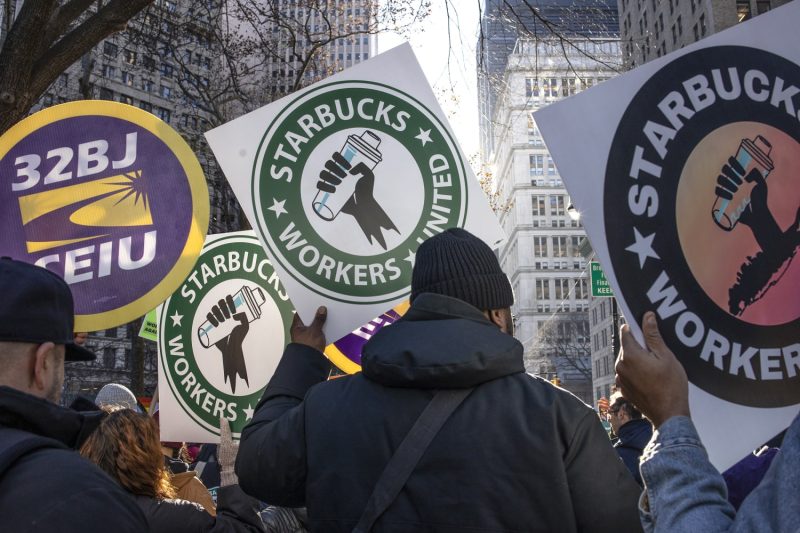
Starbucks’ New CEO Brian Niccol Pledges Collaboration with Union as Negotiations Progress
In a recent move that has captured the attention of the corporate world and labor unions alike, newly appointed Starbucks CEO Brian Niccol has made a bold commitment to work collaboratively with unions, signaling a potential shift in the company’s labor relations strategy. The announcement comes amidst ongoing talks between the corporation and the Starbucks Workers United, a union that represents thousands of Starbucks employees across the country.
The decision to engage with the union marks a significant departure from the traditional stance taken by many large corporations, which have often been wary of unions and collective bargaining. Niccol’s willingness to embrace a more cooperative and inclusive approach is a refreshing change that could set a positive precedent for other companies facing similar labor issues.
The move also reflects Niccol’s reputation as a leader who prioritizes employee well-being and engagement. Throughout his career, Niccol has been known for his people-focused leadership style, which emphasizes open communication, employee empowerment, and a strong sense of community within the organization. By committing to working with the union, Niccol is demonstrating his commitment to fostering a more inclusive and collaborative workplace culture at Starbucks.
The decision to engage with the union is likely driven by a recognition of the changing landscape of labor relations in the United States. With growing public support for unions and increased scrutiny of corporate practices, many companies are beginning to realize the importance of building positive relationships with their employees and addressing their concerns in a meaningful way. By proactively working with the union, Starbucks is positioning itself as a company that is committed to listening to its employees and taking their feedback into account.
The move also has the potential to benefit Starbucks in the long run by promoting greater employee satisfaction and loyalty. Research has shown that companies with strong labor relations and a commitment to employee well-being tend to have higher levels of employee engagement, lower turnover rates, and better overall performance. By fostering a more positive and collaborative work environment, Starbucks can attract and retain top talent, drive innovation, and ultimately, enhance its bottom line.
Overall, Niccol’s commitment to working with the union represents a significant step forward for Starbucks and serves as a powerful example of how companies can build more constructive and mutually beneficial relationships with their employees. As the talks between Starbucks and the union move forward, it will be interesting to see how this new approach shapes the company’s culture and ultimately impacts its reputation and success in the marketplace.
